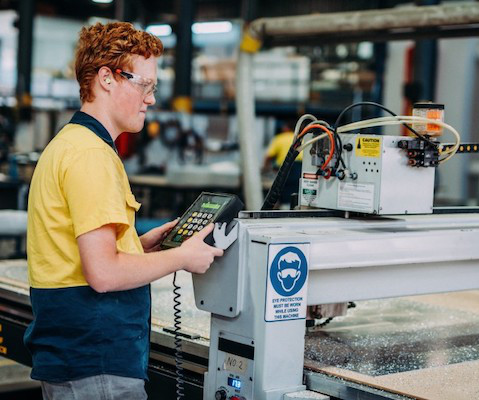How Svevia connects roads, risk, and refuse through the cloud
CIO Business Intelligence
AUGUST 16, 2023
But today, Svevia is driving cross-sector digitization projects where new technology for increased safety for road workers and users is tested. When I came in three years ago, it was with the task of digitizing the company,” says Svevia CIO Maria Wester. “In But we do our best to achieve the right deliveries together.”


















Let's personalize your content